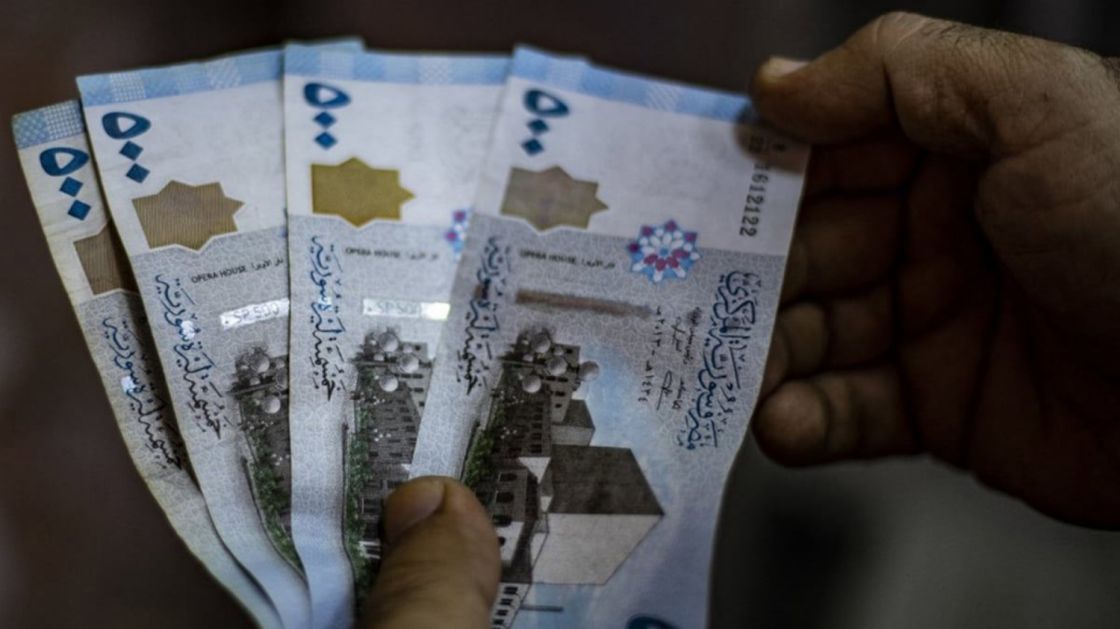- Editorials
- Posted
Kassioun Editorial 1252: Currency Replacement: At the Crossroads of Transitional Justice
In recent weeks, new statements and indications have emerged regarding the printing of new banknotes and their introduction into circulation starting early next year. This issue can be considered an economic and social time bomb with a direct impact on the lives of Syrians, requiring swift action before it turns into a social catastrophe with unpredictable consequences.
To understand the implications, we must pause at the current coordinates. Over the past 15 years, around 40 trillion Syrian pounds have been printed. The quantities printed before 2011 far exceed this figure, though the exact amount remains difficult to determine due to the historical lack of transparency in the country. At the same time, the total cash deposited in banks does not exceed 3 trillion pounds, indicating the presence of a massive cash stockpile outside the banking system.
Naturally, part of this stockpile is held by ordinary citizens, but what should not be overlooked is that the largest and most accumulated portion of this money outside the banks is in the vaults of warlords who amassed enormous wealth during the war years through criminal and illicit activities. They kept their wealth in Syrian pounds for several reasons, most notably using this cash stockpile as an economic weapon to pressure the currency and the exchange market.
This brings us back to the pivotal question: Why do countries resort to currency replacement?
Precisely because of this large illegal cash stock outside state control. In all serious cases, the goal of currency replacement was to protect the legitimate savings of citizens and to reduce the real value of plundered wealth accumulated by corrupt elites — effectively redistributing wealth in favor of society.
The key to the success of any replacement operation is the sudden announcement of the move, leaving no time for warlords and mafias to dispose of their plundered funds by injecting them into the market or converting them into assets or other currencies. This specific economic-security measure is what has enabled states to regain part of their control over currency. Yet what is happening in Syria today is the exact opposite: the central bank announced the currency replacement months in advance, losing the element of surprise.
Another essential condition that distinguished successful replacement operations was the implementation of a progressive exchange schedule that requires disclosure of the source and amount of funds, based on the principle of “where did you get this from?” In practice, this was simple and clear: money declared and deposited in banks would be exchanged at a (1:1) rate, meaning owners would receive its full value in new currency; while cash outside the banking system would be subject to strict scales — for example, the first 100 million exchanged at (1:1), one billion at (10:1), and one trillion at (100:1). This method preserves the real value of ordinary citizens’ savings while eroding the accumulated wealth of the corrupt elites.
In the current Syrian context, in order to maintain the stability of the national currency — and after we lost the surprise factor — authorities must immediately adopt a clear roadmap that includes defining an announced time frame for replacement, enforcing a progressive exchange schedule tied to the amount and source of funds, and establishing obligatory mechanisms for source disclosure. This would prevent the expected economic disaster and stop the replacement process from becoming a playground for corruption between old and new major plunderers, who may collude on settlements that restructure plundered wealth among themselves through turning the currency replacement into the largest money laundering operation in Syrian history.
True transitional justice, at its core, means depriving those major plundering — who fed off the suffering of the Syrian people — from reaping the fruits of their plundering and laying the foundations for new suffering. The path taken by the currency replacement thus far serves only their interests.


